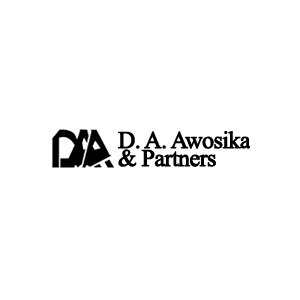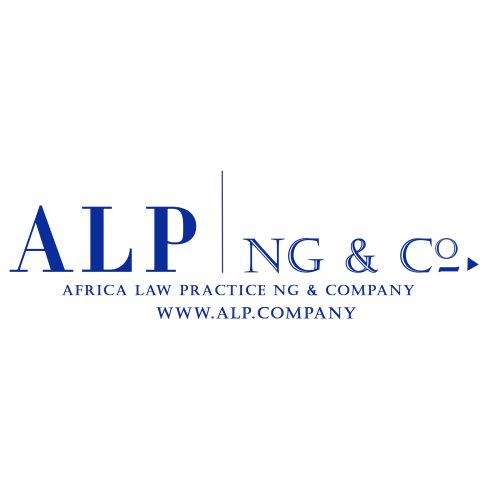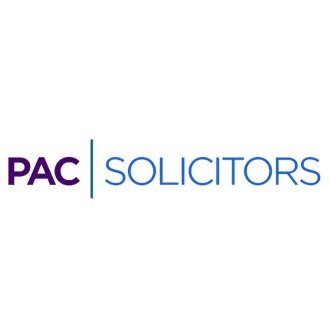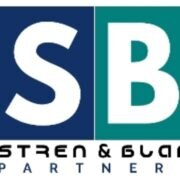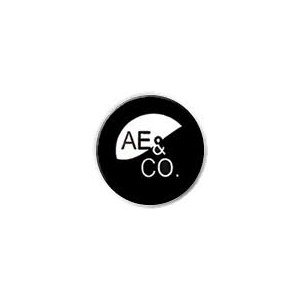About Renewable & Alternative Energy Law in Nigeria
Renewable and alternative energy law in Nigeria covers the legal frameworks, regulations, and policies that govern the generation, distribution, and use of clean energy sources, such as solar, wind, hydro, and biomass. With the nation's heavy reliance on fossil fuels and frequent electricity shortages, there is a growing movement toward sustainable energy. The Nigerian government has made significant efforts to diversify the energy mix, encourage foreign and local investment, and promote environmentally-friendly energy solutions. These efforts have created a legal landscape that seeks to balance economic interests, environmental protection, and community needs.
Why You May Need a Lawyer
Seeking legal counsel can help individuals and businesses navigate the complexities of Nigeria's renewable and alternative energy sector. Common situations that may require legal help include:
- Drafting and reviewing contracts for power purchase agreements or equipment supply
- Securing government approvals, licenses, and permits for renewable energy projects
- Understanding tax incentives and regulatory policies for clean energy investments
- Addressing land acquisition and community compensation for energy infrastructure projects
- Complying with environmental guidelines and impact assessment requirements
- Resolving disputes related to energy tariffs or grid connection issues
- Protecting intellectual property rights for new technologies
- Navigating importation rules for renewable energy equipment and materials
Local Laws Overview
Several key laws and regulations impact renewable and alternative energy in Nigeria. Important aspects include:
- Electric Power Sector Reform Act (EPSRA) 2005 - Establishes the legal and regulatory framework for electricity generation and promotes private sector participation.
- Nigerian Electricity Regulatory Commission (NERC) Regulations - Offers detailed rules for licensing, tariffs, mini-grids, embedded generation, and consumer protection.
- Renewable Energy Policy Guidelines - Sets targets for renewable energy, provides incentives, and encourages the integration of renewables into the national grid.
- National Renewable Energy and Energy Efficiency Policy (NREEEP) - Promotes sustainable energy development and supports innovation.
- Environmental Impact Assessment Act - Requires an environmental assessment for most large renewable energy projects to evaluate social and ecological impact.
- Local Content Laws - Mandate the use of local resources and labor in energy projects to boost domestic participation.
Frequently Asked Questions
What types of renewable energy are commonly used in Nigeria?
The most common renewable energy sources in Nigeria include solar power, small hydropower, wind energy, and biomass. Solar energy is especially prominent in remote and rural areas.
Do I need a license to generate renewable electricity for my business or community?
Depending on the scale and whether your energy will be supplied to the national grid or a mini-grid, you may need a license from the Nigerian Electricity Regulatory Commission.
Are there government incentives for investing in renewable energy?
Yes. The government offers incentives such as tax holidays, import duty waivers for renewable energy equipment, and support schemes for renewable projects.
What approvals are needed for a renewable energy project?
You may need approvals from various bodies, including NERC for licensing, the Federal Ministry of Environment for environmental impact assessments, and local authorities for land use and community relations.
How are disputes resolved in the renewable energy sector?
Disputes may be handled through negotiation, arbitration, or litigation. The NERC also sets out procedures for resolving certain regulatory disagreements.
Can foreign investors participate in Nigeria’s renewable energy sector?
Yes. Nigeria encourages foreign direct investment in renewable energy. Investors must comply with the same regulatory requirements as local firms.
What role do state and local governments play?
State and local governments often oversee land use laws, provide project-level approvals, and may offer additional incentives or support for renewable energy.
Is there support for rural electrification using renewables?
Yes. The Rural Electrification Agency (REA) implements programs for off-grid and mini-grid renewable energy to reach underserved areas.
Are there environmental standards for renewable energy projects?
Yes. Projects are subject to Nigeria’s Environmental Impact Assessment Act and may need to meet other industry-specific environmental guidelines.
What is the process to import renewable energy equipment?
Importers must comply with customs regulations, standards set by the Standards Organisation of Nigeria, and any applicable incentives or waivers for certified renewable equipment.
Additional Resources
For further information and support, consider reaching out to these organizations and governmental bodies:
- Nigerian Electricity Regulatory Commission (NERC)
- Rural Electrification Agency (REA)
- Federal Ministry of Power
- Nigerian Investment Promotion Commission (NIPC)
- Standards Organisation of Nigeria (SON)
- Energy Commission of Nigeria (ECN)
- Nigeria Renewable Energy Roundtable
- Nigerian Environmental Society
Next Steps
If you require legal assistance in the renewable and alternative energy sector, begin by identifying your specific needs and challenges. Gather any necessary documents related to your project or issue. Next, consult a lawyer or law firm with experience in energy law and regulatory compliance in Nigeria. A qualified lawyer can help you understand your rights, obligations, and the best route to project success or issue resolution. You may also contact relevant governmental agencies for guidance on specific regulations or incentives. Taking these steps will help you confidently navigate Nigeria’s evolving renewable energy landscape.
Lawzana helps you find the best lawyers and law firms in Nigeria through a curated and pre-screened list of qualified legal professionals. Our platform offers rankings and detailed profiles of attorneys and law firms, allowing you to compare based on practice areas, including Renewable & Alternative Energy, experience, and client feedback.
Each profile includes a description of the firm's areas of practice, client reviews, team members and partners, year of establishment, spoken languages, office locations, contact information, social media presence, and any published articles or resources. Most firms on our platform speak English and are experienced in both local and international legal matters.
Get a quote from top-rated law firms in Nigeria — quickly, securely, and without unnecessary hassle.
Disclaimer:
The information provided on this page is for general informational purposes only and does not constitute legal advice. While we strive to ensure the accuracy and relevance of the content, legal information may change over time, and interpretations of the law can vary. You should always consult with a qualified legal professional for advice specific to your situation.
We disclaim all liability for actions taken or not taken based on the content of this page. If you believe any information is incorrect or outdated, please contact us, and we will review and update it where appropriate.







